
A breast tumour refers to an abnormal mass of tissue that forms in the breast due to uncontrolled cell growth. It can be:
What is a lump in the breast (implied tumour)? A tumour is suggested or suspected based on symptoms or findings (like a lump) but hasn't yet been confirmed by medical tests such as imaging or biopsy. Breast tumours often present as a lump or thickening in the breast or underarm, which may feel firm or irregular in shape.
Not all tumours cause visible symptoms in the early stages. Many people wrongly believe that only older women get breast tumours, but they can also occur in young women and even teenagers. This is why regular breast self-exams and screening tests like mammograms are crucial for early detection. Some breast lumps may be harmless, but it is essential to have timely treatment.
Early diagnosis significantly improves survival rates. Awareness about breasts and prompt medical attention is vital for anyone noticing changes in their breast health. Seek medical help immediately if you notice any changes.
Breast tumours require timely treatment because they can affect both health and quality of life. The symptoms are similar in both non-cancerous and cancerous cases, so these symptoms should never be ignored. It's important to consult a breast specialist or oncologist for the right diagnosis.
Breast tumours can develop due to a combination of genetic, hormonal, and lifestyle factors. Common causes and risk factors include:
The common symptoms of breast tumours are:
Symptoms of breast tumours should be addressed immediately, even if they seem minor. Early action can lead to better treatment outcomes and may prevent the tumour from growing or spreading.
Doctors usually begin treatment after:
Recognising a breast tumour early can make a big difference in treatment success. Many tumours, especially in the early stages, may not cause pain or major discomfort. Recognition of lumps may happen through regular self-checks and awareness of subtle changes.
Here’s how you can identify a potential breast tumour:
1. Perform Regular Self-Exams
2. Watch for Warning Signs
3. Get Medical Evaluation
If you notice any unusual changes, consult a breast specialist promptly. They may recommend:
Early recognition is lifesaving. Many breast tumours are treatable when detected at the right time. Regular screening is essential for women over 40 or those with a family history of breast cancer. Any lump or unusual symptom should be examined by a qualified breast specialist.
If you discover a lump in your breast or are diagnosed with a tumour, it’s important not to panic. Many breast lumps are benign (non-cancerous), but getting a proper diagnosis quickly is key to knowing what steps to take.
1. Consult a Breast Specialist Immediately
2. Understand Your Diagnosis
3. Follow the Treatment Plan
Depending on your diagnosis, treatment options may include:
Your doctor will guide you through the best approach. Early and timely treatment greatly improves the chances of a full recovery.
Detecting and diagnosing a breast tumour involves a step-by-step process to determine whether the lump is benign or cancerous. Here’s how doctors usually approach the diagnosis:
1. Clinical Breast Examination
A doctor will start by physically examining both breasts, underarms, and surrounding areas. They check the size, shape, and feel of any lump and look for signs such as skin changes, nipple discharge, or swelling.
2. Imaging Tests
These help get a clear picture of the lump inside the breast:
3. Biopsy
If imaging suggests a suspicious lump, the doctor will take a tissue sample for lab testing:
4. Lab Testing
The biopsy sample is analysed to check:
Diagnostic tests must be performed and interpreted by healthcare professionals. Results vary by individual, and only a qualified doctor can confirm whether a tumour is benign or malignant.
Early treatment gives the best results. If you or your loved ones have any of these symptoms or breast lumps and need consultations, Bangla Health Connect connects you with experts at hospitals worldwide.
.png)
Through Bangla Health Connect, Bangladeshi patients can access world-renowned hospitals across India, Thailand, and other countries that are recognised for excellence in breast tumour and breast cancer care. Many patients travel abroad because of the advanced treatment options, strong survival outcomes, and trusted reputation of these centres.
Here’s why Bangladeshi patients choose breast tumour treatment with Bangla Health Connect in hospitals worldwide:
For Bangladeshi patients, Bangla Health Connect creates a trusted pathway to expert breast tumour specialists, advanced therapies, and affordable treatment.
Bangla Health Connect links patients with world-class hospitals that specialise in breast tumour and breast cancer care. These centres are recognised for their expert breast oncologists and surgeons, advanced diagnostics and modern treatment options. They also provide strong support services for international patients, ensuring Bangladeshi patients receive timely, effective, and compassionate care abroad.

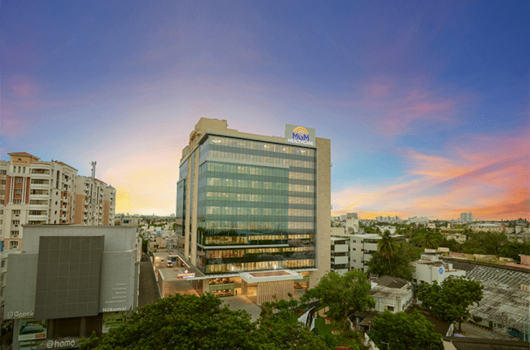
.jpg)

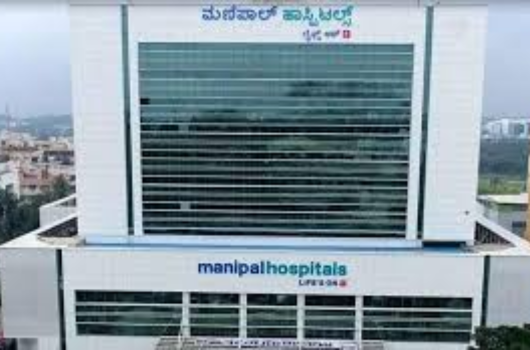
.png)
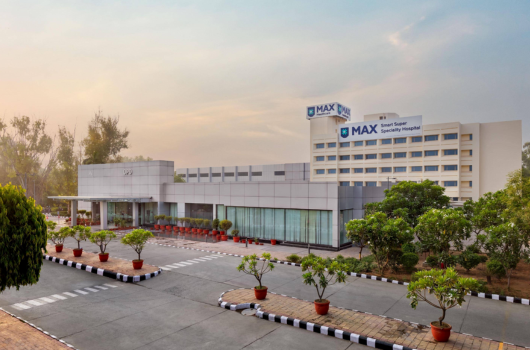
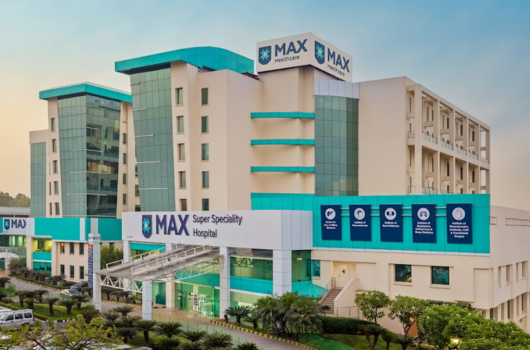
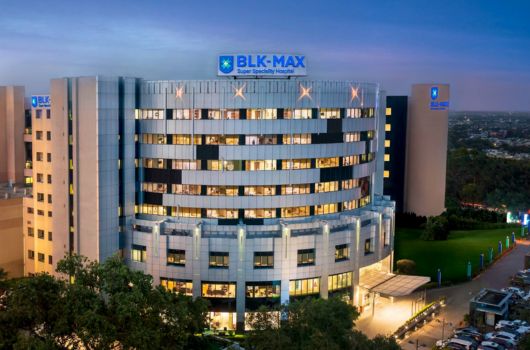




These hospitals follow international cancer treatment guidelines and provide full support for Bangladeshi patients through Bangla Health Connect.
On average, breast lump (tumour) operation cost in India ranges from $1000 to $1500, while in Thailand it ranges from $1600 to $2,800. The final cost may vary based on multiple factors such as the treatment method, hospital location, and type of tumour. Before viewing the detailed table of treatment-wise costs, it's helpful to understand what influences these expenses most.
Several factors can influence the total cost of breast tumour treatment in India:
Note: India is well known for offering cost-effective advanced cancer treatment. Hospitals combine affordability with strong clinical outcomes, supported by skilled oncologists and the widespread availability of generic medicines.
Note: Thailand’s hospitals are often promoted as premium destinations for international patients. Their higher costs reflect the use of advanced imported medicines, luxury infrastructure, and all-inclusive patient care packages.
The costs listed are approximate and may vary based on hospital, location, and patient needs. Consult the healthcare provider for accurate and updated information.
The currency conversion rates in the table above are based on data from October 2025.
For more help on cost estimates and personalised guidance, contact Bangla Health Connect.
Success in breast tumour treatment means the tumour is fully removed or controlled, and the patient can return to a normal or healthy life.
According to Cancer Research UK,
World-class hospitals focus on accurate diagnosis, personalised treatment, and coordinated care for breast tumours, whether benign or cancerous. Their approach usually includes:
By combining advanced diagnostics, skilled specialists, and patient-centred care, these hospitals have greatly improved outcomes, reduced side effects, and enhanced the quality of life for women with breast tumours.

Dr. Jayanti Thumsi, a leading Surgical Oncologist and Breast Surgeon at Apollo Cancer Centres, Bangalore, shares her expertise on managing breast-related conditions. She emphasises that benign breast diseases are more common than breast cancer and need timely attention. Dr. Thumsi explains the importance of early diagnosis through the triple assessment approach, which includes clinical examination, imaging, and biopsy. She highlights key diagnostic tools like mammograms, breast MRI, and ultrasound. She also discusses conditions such as fibroadenoma and phyllodes tumour, and sheds light on breast lumpectomy. Her goal is to raise awareness about breast screening and early intervention for better outcomes.
Bangla Health Connect helps Bangladeshi patients receive fast and safe treatment for breast tumours. We ensure a smooth journey from diagnosis to recovery.
Bangla Health Connect makes this process simple and supportive, from travel arrangements to ongoing medical guidance, ensuring Bangladeshi patients receive high-quality care with peace of mind. With over 60,000 Bangladeshi patients assisted, Bangla Health Connect has built strong trust through clarity, care, and personal support.
Contact Bangla Health Connect today to begin your treatment journey with trusted support every step of the way.
Note: Bangla Health Connect does not provide medical advice of any kind.
Mrs. Ayesha, a 50-year-old resident of Dhaka, was diagnosed with stage III breast cancer and travelled to Apollo Hospitals in Chennai for treatment. Under the expert care of Dr. Meera and Dr. Ravi, she underwent a combination of surgery, chemotherapy, and radiation therapy. The comprehensive treatment approach led to a significant reduction in her tumour size, eventually putting her into remission. Throughout her treatment journey, her doctors carefully managed the side effects, allowing her to maintain a good quality of life. Today, Mrs. Ayesha feels grateful for the compassionate and effective care she received from the Apollo team.
✅ Share Your Reports - Bangla Health Connect connects you with trusted hospitals worldwide.
✅ Get treatment plans from leading Hospitals worldwide
✅ Choose the one that fits you
✅ Let us handle the rest
If you notice a lump in breast (implied tumour), it’s important to seek medical advice for early evaluation and care.
No. Many breast lumps are benign (non-cancerous), such as fibroadenomas or cysts. Diagnosis through tests like mammograms or biopsies helps confirm the type. Seek medical help immediately.
Doctors may recommend a triple assessment: clinical exam, imaging (like a mammogram or ultrasound), and biopsy for accurate diagnosis.
Yes. Early-stage breast cancer can be treated successfully with surgery, chemotherapy, radiation, or a combination. Benign tumours may only need monitoring or minor surgery. Your doctor will guide you.
Yes. Bangla Health Connect arranges appointments with the breast cancer specialists, helps with visas, and offers complimentary airport pickup for Bangladeshi patients.
Yes. Many hospitals abroad follow international safety protocols. Bangla Health Connect also ensures a smooth and secure medical journey.
Yes. Bangla Health Connect helps you select the best hospital based on your medical needs and location preference.

